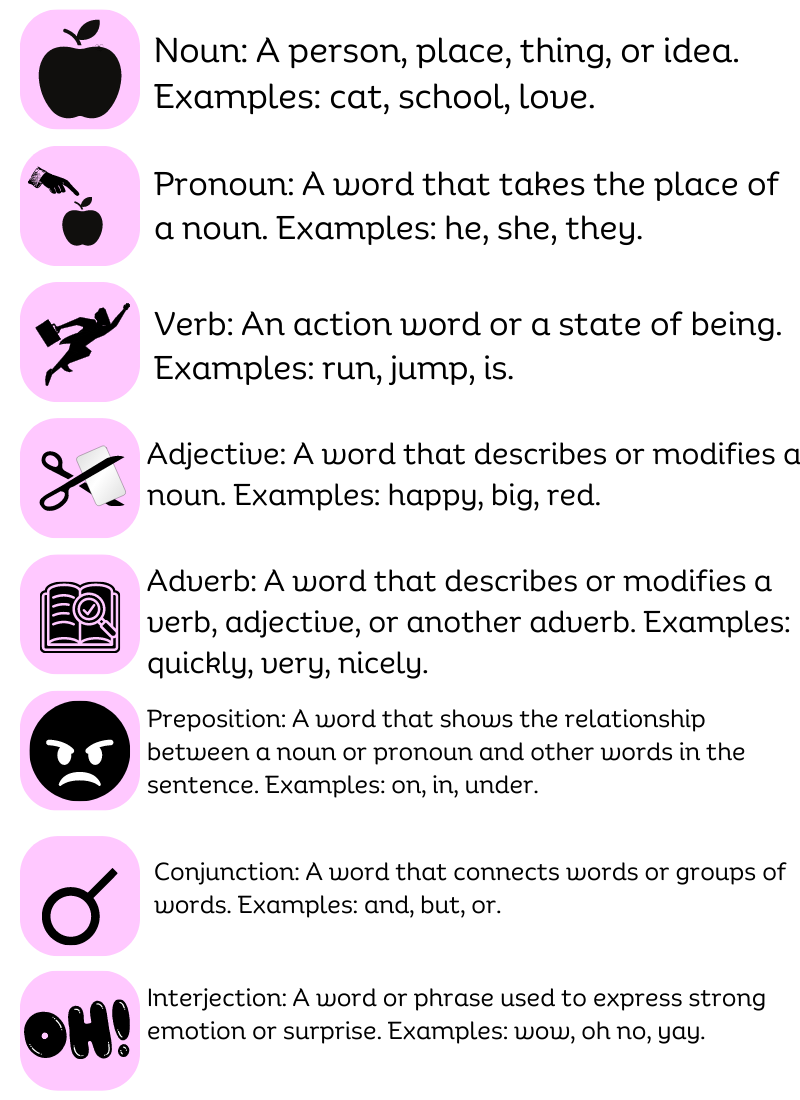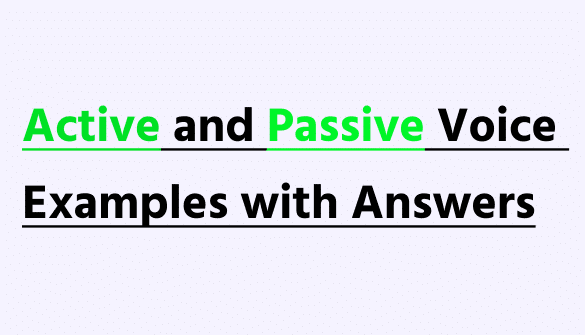Pronoun means for-a-noun. A pronoun is a word used instead of a noun. Learn complete parts of the pronoun which is useful for your spoken English.
A pronoun is a word that is used to take the place of a noun in a sentence. Pronouns are used to avoid repetition and to make sentences shorter and more concise. Examples of pronouns include he, she, it, they, them, we, us, you, me, and many others.
Definition of Pronoun
Pronoun means for-a-noun. A pronoun is a word used instead of a noun.
Ex- Aviraj is a handsome boy. He is my student. Riya is a beautiful girl. She lives with her husband.
(Here he and she have been used instead of a noun)
Kinds of pronoun
- Personal pronouns
- Possessive pronouns
- Demonstrative pronouns
- Distributive pronouns
- Reciprocal pronouns
- Reflexive pronouns
- Emphatic pronouns
- Indefinite pronouns
- Reflective pronouns
- Interrogative pronouns
- Exclamatory pronouns
Rules of pronouns सर्वनाम के भेद in english
A pronoun must agree with the noun. If the noun is singular, the pronoun must be singular, if the noun is plural.
the pronoun must be plural and if the noun is feminine, the pronoun must be feminine.
Ex- Rohit is wondering during a lockdown. He is black. His friends were there, they were also black.
| TYPE | BRIEF DESCRIPTION | PRONOUNS |
| Personal pronouns | Describes a particular person or thing or group. | I, We, Us, You, He, Him, She, Her, It, They, Them |
| Possessive pronoun | Indicates close possession or ownership or relationship of a thing/person to another thing/person. | Mine, Ours, Yours, His, Hers, Theirs |
| Demonstrative pronouns | Points out to a person, place, or thing | This, that, these, those, such, the same |
| Distributive pronoun | Used to indicate all the members of the representative group. | Each, either, neither |
| Reciprocal pronouns | Reciprocal express relationship | Each other, one another |
| Reflexive pronouns | Describes a noun when the subject’s action turns back upon the subject itself.
Reflexive pronouns always act as objects, not subjects, | Myself, ourselves, yourself, yourselves, himself, herself, itself, themselves, oneself |
| Emphatic pronouns | Emphatic Pronoun is a personal pronoun. We use it to explain the action done by the noun without anyone’s help.
Emphatic Pronoun is similar to Reflexive Pronoun. | Myself, ourselves, yourself, yourselves, himself, herself, herself, itself, themselves, oneself. |
| Indefinite pronouns | An indefinite pronoun is a pronoun that refers to a person or a thing without being specific. | Everything, everybody, somebody, nobody, anybody, everyone,
someone, no one, anyone, something, nothing, anything, any, both, another, much, few, little. |
| Relative pronouns | A relative pronoun is used to connect a clause or phrase to a noun or pronoun.
The clause modifies, or describes, the noun | Who, whom, whose, which, that |
| Interrogative pronouns | It is used to ask a question. | Who, whom, what, whose, which. |
| Exclamatory pronouns | It is used in the sense of surprise | what! |
Examples:
| SENTENCE | PRONOUN |
| I am Aviraj | I |
| This is my pen | This, my |
| This pen is mine | This, mine |
| The idea of my friend was excellent | My |
| He loves his cat and it also loves him. | Him, he, his, it |
| That time you were not present | That, you |
| It is summer.
It is very hot | It, it |
| I met Sneha who had just returned from London | I, who |
| Each of the participants, get rewarded | Each |
| Either of you can go to the college | Either, you |
| I have lost the book that my friend gave me | I, me, that, my |
| Are you going Ghazipur today | you |
- Basics tips in hindi- Learn Spoken English Hindi
Do you want to Improve your English fluently?
Do you want to speak like as native Speaker?


